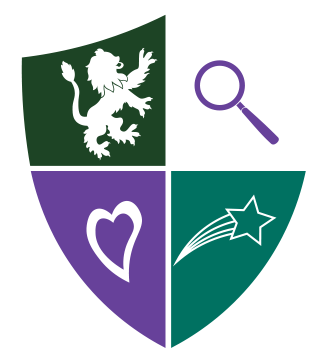How Families Can Help
Children learn best when supported at home.
As a family, the best thing you can do to help your child learn well in science lessons is to encourage your child's natural curiosity about the world around them. If your child likes to talk about their school day, ask them what they have learned in their science lesson that week, as explaining it to you will help them remember what they have been taught.
Children naturally ask questions as they attempt to make sense of the world. When you can, if answering a child's scientific question, build in opportunities to discuss how a particular fact is known about.
For example, if your child asks you how many stars there are in the sky, encourage a conversation about how scientists observe and measure stars, planets and galaxies using telescopes and rovers. Perhaps they could help design a new space telescope or Mars rover one day!
There are many fun science activities that you can do at home, such as those suggested by Twinkl, an educational resource publisher. Many other suggestions are available by searching online. Don't worry about matching the school curriculum; the most important thing is to have fun, ask questions and describe what you find out as precisely as possible.
Families may also be interested in:
Fab Science holiday camps (and parties)
Games or apps that you may find useful
The following are games and apps that you may find useful to support your child's learning at home. Please note that we have collected this list from around the internet but not reviewed each one, so this is not a list of recommendations.
